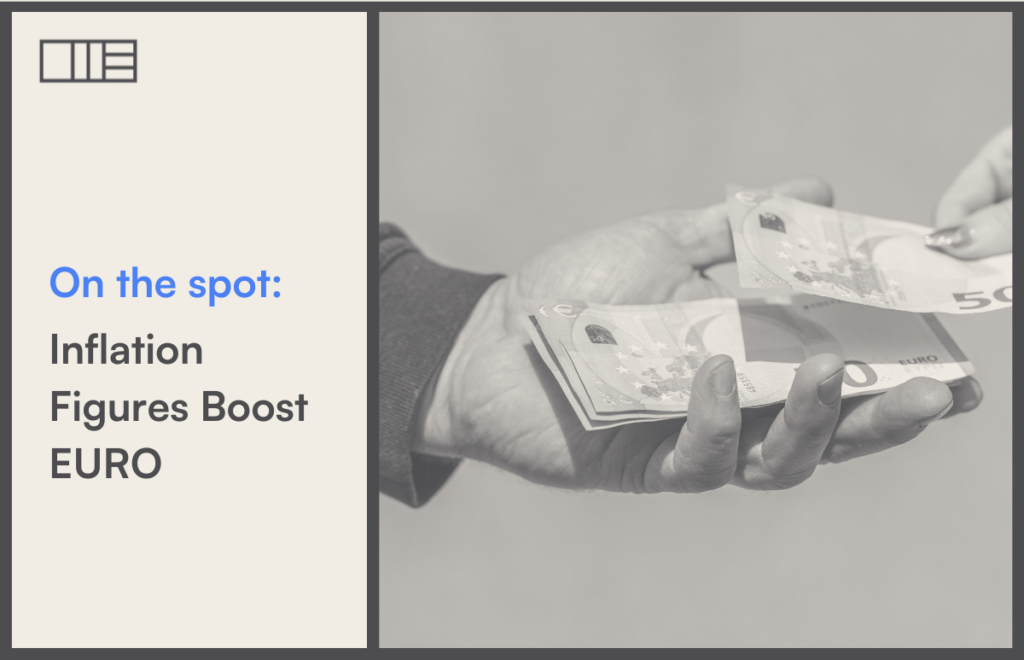
March 19, 2024: Timing is Everything
The markets received a couple of shocks last week from hotter-than-expected inflation data in the US. The prices data may cause a recalibration in the dot plot and higher US 10-year yields, but so far, it has done nothing to dampen the enthusiasm of the S&P 500 fans.











